NEW FEATURES AND TECHNOLOGY
Now let’s take a look at what else you’re getting for shelling out your hard-earned coin on a new GTX 900 series GPU. Like ShadowPlay, G-Sync, GameStream and many others, nVidia has always announced new software and hardware features with its latest cards and the 900 series is no exception.
ENERGY EFFICIENCY
Maxwell’s most apparent and likely most important new feature is its amazing energy efficiency. Utilizing a combination of advances originally developed for nVidia’s Tegra K1 mobile SoC. Maxwell is able to deliver an up to 2x higher performance-per-watt ratio than the previous generation Kepler architecture found in the 600 and 700 series. This is illustrated in the chart below.
While most users looking to buy a high-end GPU will usually have a fairly high wattage power supply to go with it, it’s still great to see nVidia focusing on power draw, especially when you consider multiple GPU configurations. At a max TDP of 165W two fully overclocked 970s in SLI would only draw a mere 330W of power under full load.
Which means theoretically even a 550W power supply would be able to supply sufficient enough power for the GPUs while leaving 220W for the CPU and other components. That’s impressive and it definitely makes Maxwell a great option for small-form-factor gaming machines.
DYNAMIC SUPER RESOLUTION
This new feature is a sort of old one with a new spin. Essentially, it allows users with monitors that are lower resolution (1080p, 1440p, etc.) to render virtually any game at 3840×2160 (4K), the graphics card then down-scales the image to match the monitor. This is a process called downsampling, the only difference is that traditionally downsampling not only requires your monitor to support it but it’s also much trickier to set up and some games simply don’t play nice with it at all.
The benefits of this are most apparent in older games that have lower resolution textures and poor anti-aliasing. You can see the effect demonstrated in the screenshot of the game Dark Souls II above, more specifically in the grass. Of course, downsampling a 4K image will no doubt be quite taxing on the GPU, so I don’t see most users using this outside of games that aren’t very demanding.
VOXEL GLOBAL ILLUMINATION (VXGI)
VXGI is a real-time global illumination lighting engine. It works by converting a 3D scene into voxels and using them to store information such as how much light is emitted or reflected by that specific voxel. It then uses a form of cone tracing to approximate how light is bounced around a scene.
To demonstrate this feature, nVidia has actually recreated the moon landing using the technology (image seen blow). The results are quite amazing.
nVidia is making this technology available to developers via its GameWorks API and says that various new engines such as Epic’s Unreal Engine 4 and Crytek’s CryEngine will also be adding support for it.
MULTI-FRAME SAMPLED ANTI-ALIASING (MFAA)
With MFAA nVidia seeks to improve edge quality with minimal loss in performance. It claims that it can deliver similar edge quality results to standard MSAA with 30 percent faster frame rates.
To achieve this MFAA utilizes new hardware and filtering in order to use two alternating sample points per frame, rather than the traditional four sample points. This allows for much greater performance with nearly identical quality, however at frame-rates less than 30 FPS MFAA will produce flickering. So, you’ll want to keep your FPS at least above 30. This shouldn’t be an issue as most PC gamers will not play a game at anywhere near 30 FPS.
THIRD GENERATION DELTA COLOUR COMPRESSION
Delta Color Compression is a technique which allows data coming out of the GPU core to be compressed by 2:1, 4:1 or as high as 8:1 ratio before being stored to the GPU’s memory. It does this by storing a chain compared against the previous frame rather than the value itself.
Alone, this doesn’t mean much but when you combine this new feature with Maxwell’s improved memory caching you have a nearly 30% increase in memory efficiency compared to previous generation Kepler based GPUs.
ENHANCED NVENC, H.265. SHADOWPLAY 4K
Among its many hardware improvements Maxwell also includes an enhanced version of the NVENC encoder that debuted with the 600 series. It features support for the new H.265 video compression which provides up to 4x the quality-compression ratio of H.264.
They’ve also improved the H.264 encoder throughput by 2.5x allowing users to encode 4K video at 60FPS with ShadowPlay. This means that users with 4K displays no longer need to decide between playing their games at 4K or recording their gameplay footage at a lower resolution. However, Twitch streaming is still limited to 720p as it relies heavily on internet upload speeds.
Review Overview
Design
Features
Build Quality
Price
Warranty
Maxwell is excellent!
The ASUS Strix GTX 970 OC combines great build quality, fantastic cooling and overclocking with top of the line gaming performance and Maxwell’s impressive efficiency at a very appealing price.
 Technology X Tomorrow's Technology Today!
Technology X Tomorrow's Technology Today!

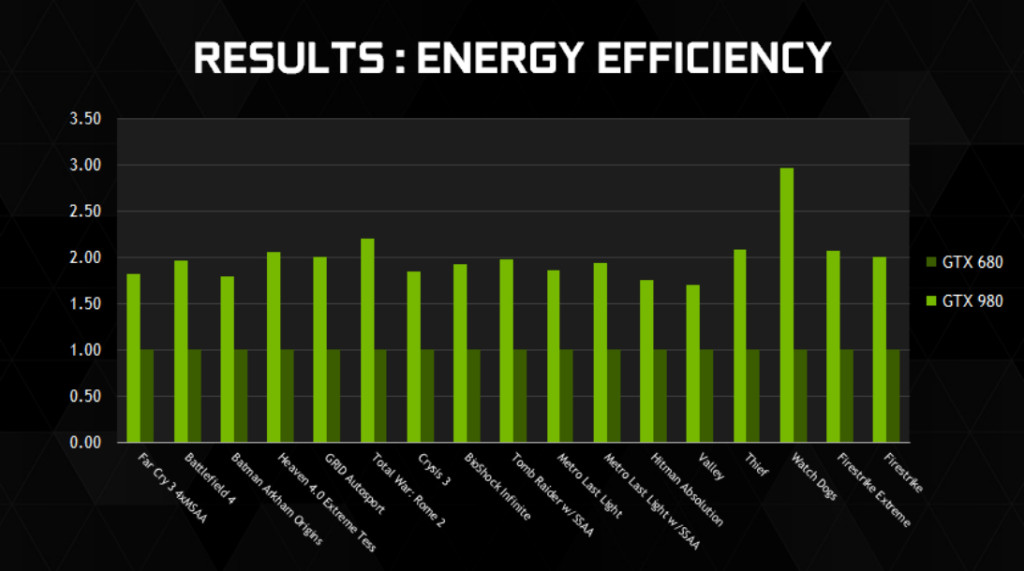
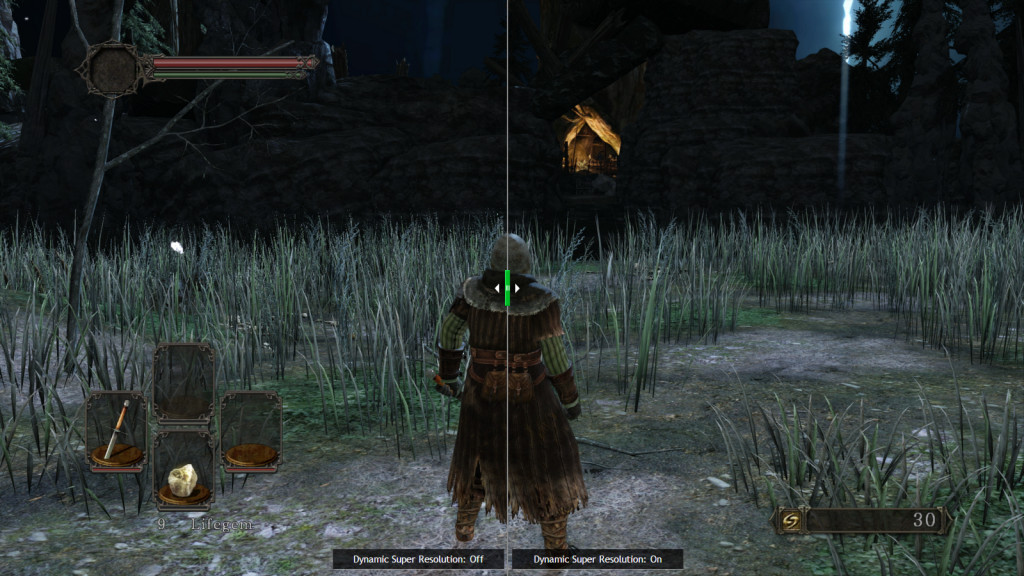
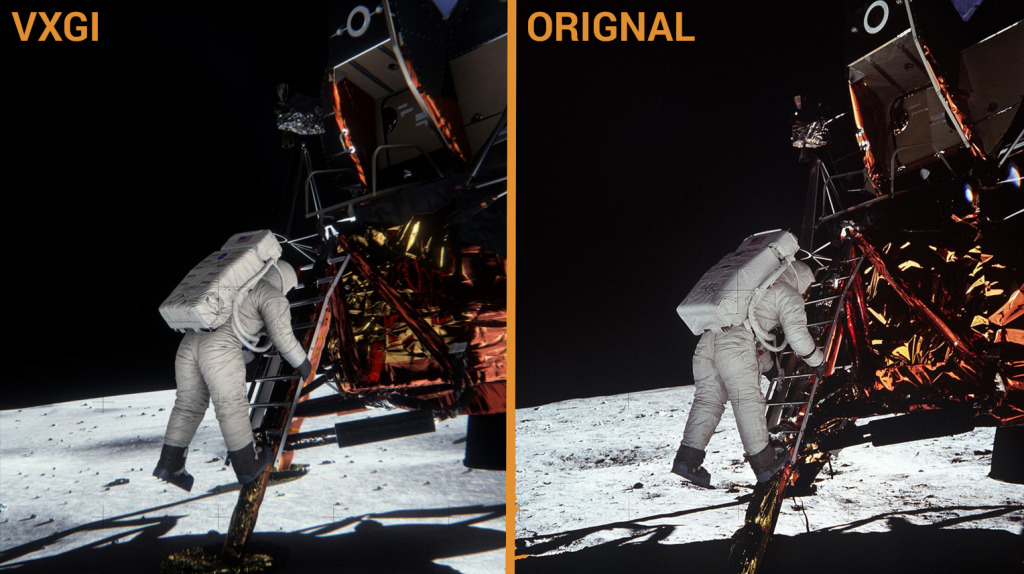
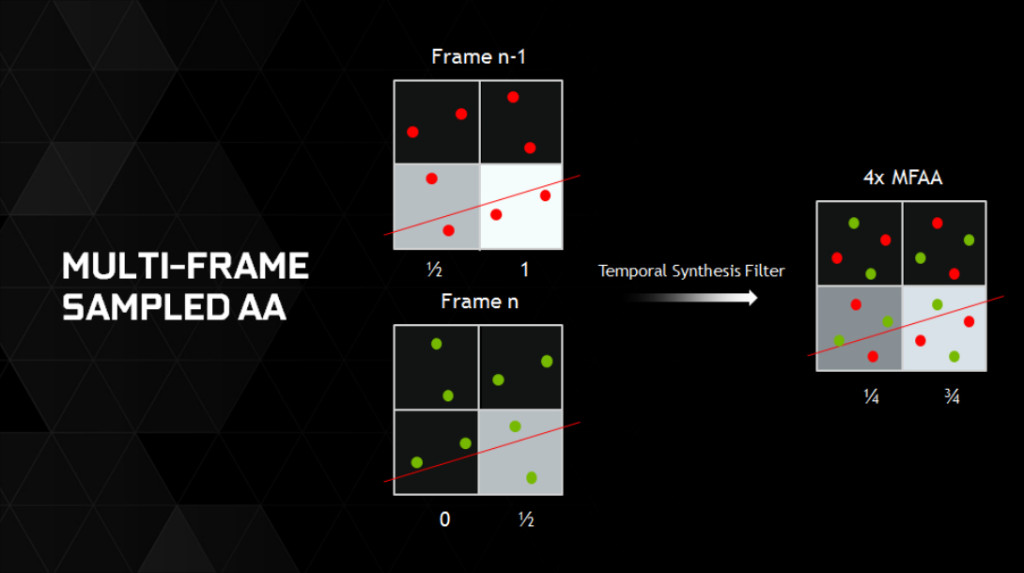
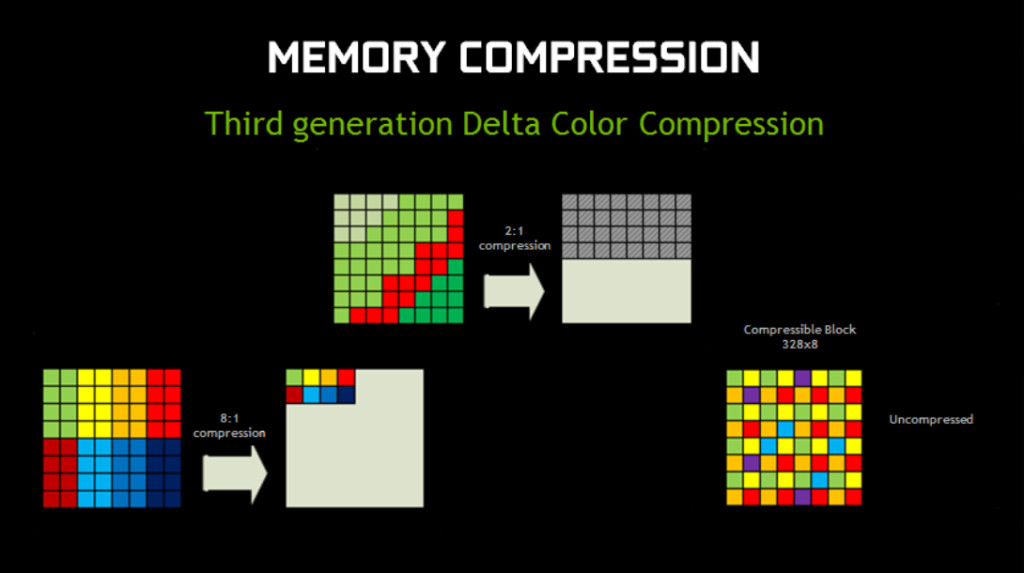
Nice review.
It was kind of scary for me though, we basically have the same rig. ASRock x79 Extreme4, i7 3820 @ 4.4GHz, Corsair TX850v2, GTX 670 FTW (Strix is in the mail), Samsung 840 250gb OS drive…. I thought maybe you were me from the future, writing a review for my past self.
ARE YOU A WIZARD?
Did we just become best friends?
Do you wanna go do karate in the garage?
what are you gonna do with your gtx 670 hehe can i have it.
Sold 1 to my office, the second one is in my HTPC.